Think about the countless times you’ve been out boating, gliding across crystal-clear waters or testing your skills against nature’s waves. Now, imagine a time when these waters are no longer clear, or irreparable damage has harmed the aquatic life you’ve grown to appreciate. This chilling scenario is what “The Importance of Conservation Ethics in Boating” aims to prevent. This engaging deep-read highlights why it’s crucial to adopt conservation ethics in boating, paving the way for sustainable practices that ensure the preservation of aquatic ecosystems for future generations. Boldly confronting issues ranging from pollution and waste disposal to conscious boating habits, this article offers a compelling argument for responsible boating that’s impossible to ignore.
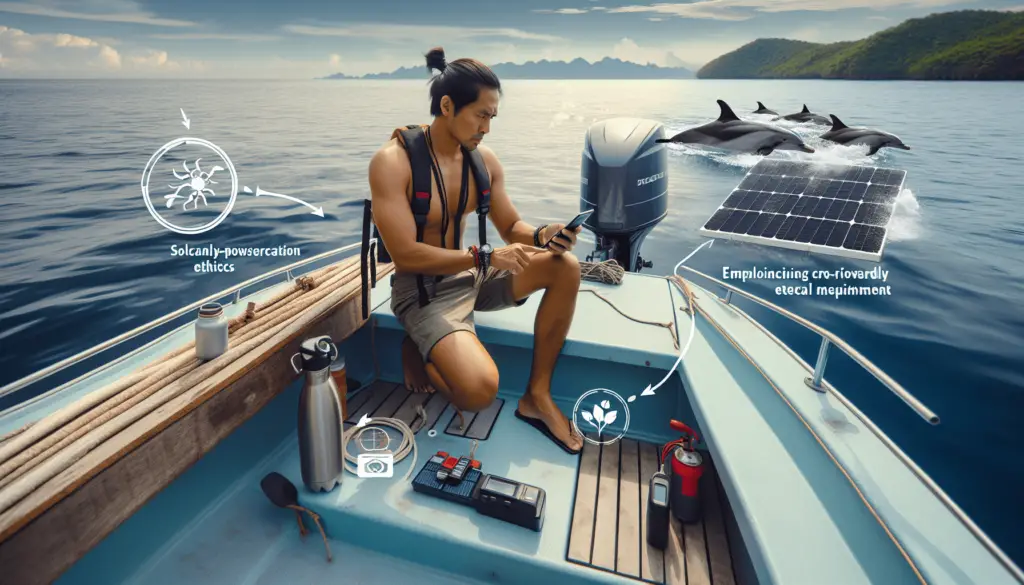
Understanding Conservation Ethics
Conservation ethics can be a bit of a mouthful, but it’s actually quite straightforward. It’s all about tweaking our behaviour to minimize the negative impact we have on the environment.
Definition of Conservation Ethics
At its heart, conservation ethics strives to balance the needs of people with the needs of the environment. It’s about recognizing that what we do today will affect generations to come, and making conscious choices to ensure a future that is harmonious and sustainable.
History and Development of Conservation Ethics
The birth of conservation ethics can be traced back to the late 19th and early 20th centuries. Think about famous naturalists like John Muir and pioneers like Teddy Roosevelt, who championed the cause of National Parks in the United States. Over the last few centuries, we’ve seen conservation ethics blossom from a fringe movement into a global philosophy that spans across countries, cultures, and industries.
Key Principles of Conservation Ethics
The crux of conservation ethics centers around three key principles. First is the principle of respect for nature, which emphasizes recognizing the intrinsic value of all forms of life. Second is the principle of ecological sustainability, which pushes for the preservation of natural resources for future generations. The final principle is social justice, which advocates for fair distribution of environmental benefits and burdens.
The Relationship between Boating and the Environment
Boating is great fun, but it can also have big impacts on the environment. Just as we track our carbon footprints on land, it’s important to consider our wake in the water.
Impact of Boating on Aquatic Ecosystems
Boating activities can stir up significant amounts of sediment, which can disrupt the aquatic ecosystems living beneath the water’s surface. This sediment can block sunlight from reaching marine plants, hampering photosynthesis and reducing oxygen levels, which can potentially lead to large-scale fish die-offs.
Pollution Sources from Boating
Boats can generate pollution in several ways. This includes releasing heavy metals and toxic chemicals from boat paint into the water, spilling oil and fuel, and discharging untreated sewage. Even sounds from boat engines can disrupt marine life.
Changes to Coastal and Marine Habitats due to Boating
Boating can also inflict serious damage to sensitive marine and coastal habitats. Propellers can physically tear apart sea grass beds and coral reefs, and the wakes from boats can cause beach erosion.
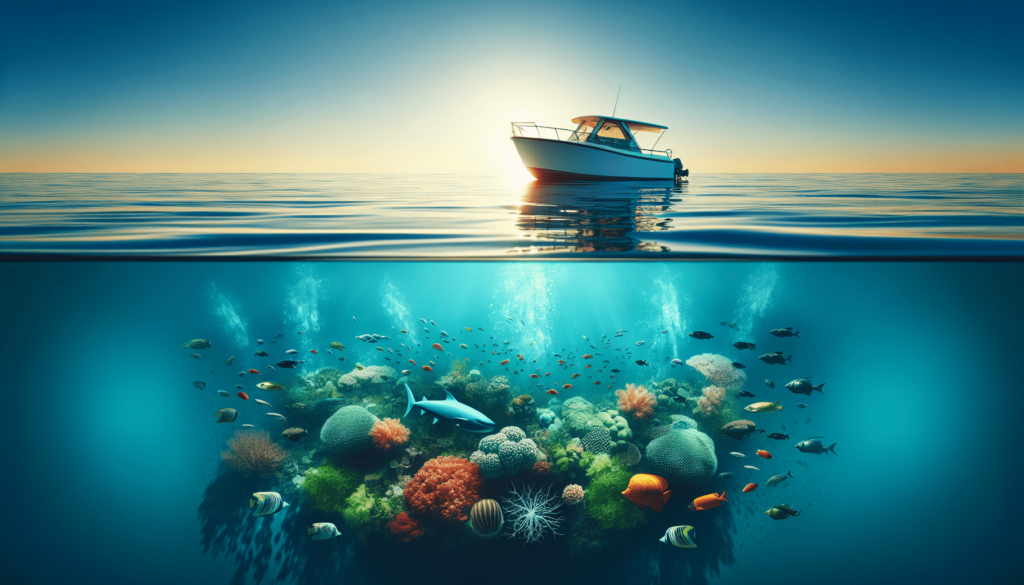
Conservation Ethics in Boating Practices
Adopting conservation ethics in boating is about making smart, environmentally-friendly decisions while out on the water.
Adopting Responsible Boating Habits
Start by developing habits that promote marine conservation. This could be as simple as slowing your boat in areas with a lot of marine life, or as intentional as investing in an eco-friendly boat motor.
Understanding Marine Life and their Ecosystems
Spend time learning about marine biodiversity and habitats, and the threats they face. The more you know, the better equipped you’ll be to make conservation-minded boating decisions.
Avoiding Sensitive Areas while Boating
A simple yet effective way to promote conservation while boating is by steering clear of sensitive areas. These typically include sea grass beds, coral reefs, and nesting areas for birds and marine animals.
Conservation Regulations and Boating Laws
Laws and regulations play a crucial role in conservation by setting a standard for responsible boating.
International Standards and Regulations
Internationally, agencies like the International Maritime Organization oversee regulations aimed at promoting eco-friendly practices in the maritime industry. These pertain to vessel emissions, waste disposal, and the use of harmful anti-fouling systems.
Compliance with Local Boating Laws and Policies
On a local level, you may find regulations governing speed limits in specific areas, seasonal closures to protect certain species, and restrictions on fishing and collecting marine life.
Penalties for Non-Adherence to Regulations
Non-compliance with boating laws and regulations can lead to penalties ranging from hefty fines to potential imprisonment. These penalties exist to act as a significant deterrent against harmful boating activities.
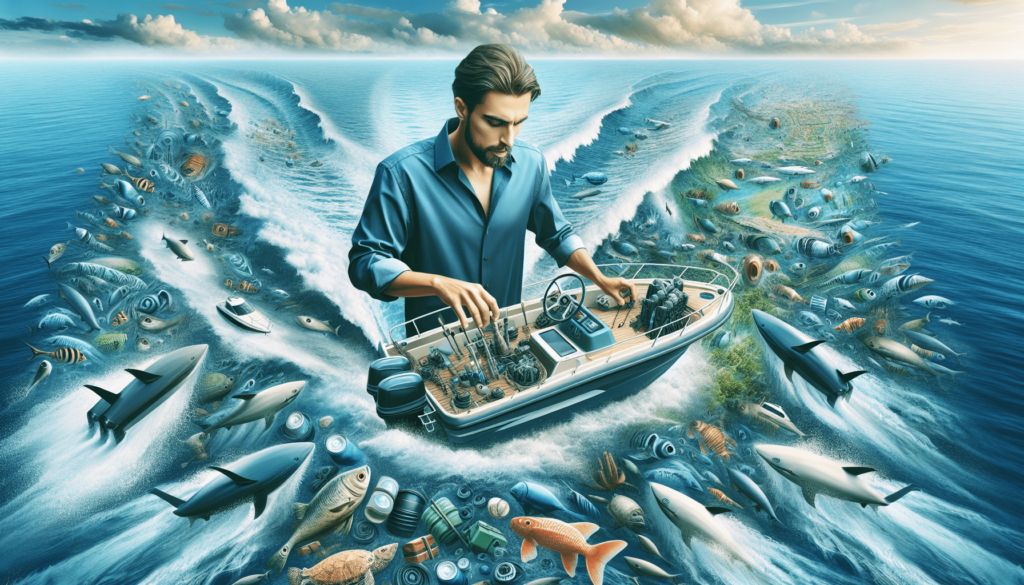
Green Boating Guidelines
Going green means implementing practices that minimize your impact on the environment.
Minimizing Waste and Pollution
This could mean using less non-recyclable products onboard, making sure to properly dispose of waste, and taking precautions against accidental spills of fuel or oil.
Maintaining and Properly Disposing of Equipment
Regular maintenance can prevent leaks and minimize harmful emissions. It also involves disposing of old equipment responsibly.
Using Environmentally Friendly Products
Considering ‘green’ alternatives for common boating products, like biodegradable soaps, sustainable fishing gear, and non-toxic antifouling paint can make a significant difference.
Preserving Marine Life
At its core, green boating is about showing respect for all forms of marine life.
Impacts of Boating on Marine Life
Boating can have direct and indirect impacts on marine life. Direct impacts include collisions causing injuries or death, while indirect impacts can stem from pollution and habitat degradation.
Preventative Measures to Protect Marine Life
Preventative measures might include reducing boating speed in areas populated by marine animals, avoiding known nesting or breeding sites, and cleaning your boat regularly to prevent the spread of invasive species.
Promoting Biodiversity in Aquatic Habitats
By practicing responsible boating, you are helping to promote biodiversity in aquatic habitats. As biodiversity levels rise, ecosystems become healthier and more resilient.
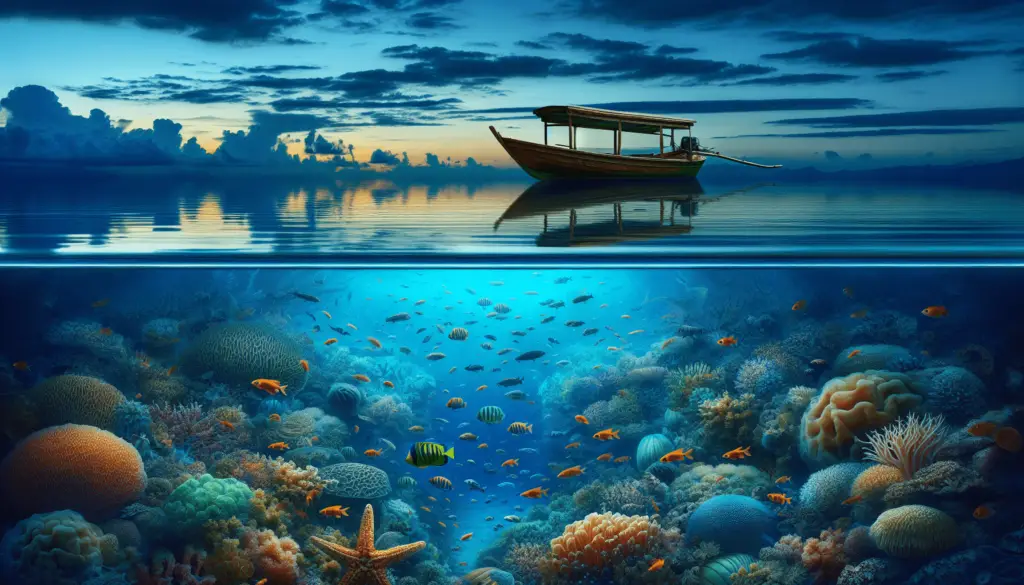
Fuel Efficiency and Conservation
Fuel efficiency is a key component of conservation ethics, playing a critical role in reducing the impact of boating on the environment.
Fuel-efficient Boating Practices
This could mean learning how to trim your boat correctly for optimal fuel consumption, performing regular engine maintenance, or learning efficient driving techniques.
Alternative, Eco-friendly Fuel Options
Considering greener fuel options, such as biofuel or electric motors, can significantly reduce the environmental impact of your boating activities.
Effect of Fuel Efficiency on the Environment
Improving fuel efficiency can lead to a reduction in greenhouse gas emissions, a decrease in oil and fuel spills, and less air and noise pollution.
Noise pollution and Its Effects on Wildlife
Noise pollution is a frequently overlooked aspect of conservation ethics in boating.
Impact of Noise Pollution from Boats
Noise pollution, particularly in the form of motorized boat traffic, can have profound effects on a variety of marine life, including disrupting their communication, navigation, and feeding habits.
Avoiding Excessive Noise while Boating
There are a few ways to mitigate noise pollution, including opting for quieter motors, minimizing speed, and avoiding areas known to be populated by sensitive species.
Noise Regulations Affecting Boating
There are increasing calls for noise regulations in areas frequented by boats, with some existing regulations already in place in certain protected areas or during specific seasons.
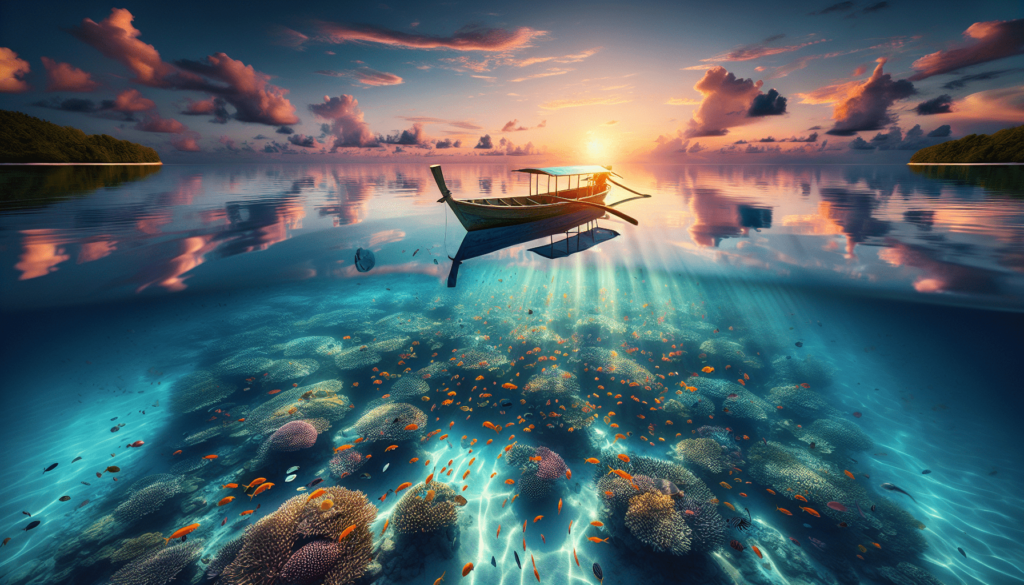
Education and Awareness on Conservation Ethics in Boating
Learning about conservation is the first step towards more sustainable boating practices.
Importance of Educating Boaters on Conservation Ethics
Education is central to boosting awareness about the impact of boating activities on the environment, and encouraging individual boaters to adopt more responsible practices.
Resources for Learning about Conservation in Boating
There are many resources available for learning about conservation in boating, from educational websites and YouTube channels to courses and workshops offered by boating clubs and organizations.
Role of Boating Clubs and Associations in Promoting Conservation
Boating clubs and associations have a powerful role to play in promoting conservation, from implementing green boating guidelines for members to holding educational events and supporting research and conservation initiatives.
The Future of Conservation Ethics in Boating
Ideally, the future of boating involves a global shift towards more sustainable practices.
Emerging Conservation Trends in Boating
From innovations in electric and hybrid boats, to advancements in biofouling prevention, the future of green boating holds a lot of promise.
Potential Benefits of Conservation-focused Boating
Conservation-focused boating can lead to healthier marine ecosystems, preserving the beauty and biodiversity of our oceans for future generations to enjoy.
Challenges to Implementing Conservation Ethics in Boating
Implementing conservation ethics in boating is not without its challenges. Boaters may view conservation regulations as restrictive, while the cost of green technology could be a hurdle for many. However, the long-term benefits of a more sustainable approach to boating far outweigh these temporary challenges.
So next time you’re out on the water, remember that you’re part of a larger ecosystem. Your choices make a difference – so let’s make them count! Let’s keep our waters clean and our marine life safe. That’s what the importance of conservation ethics in boating is all about.

